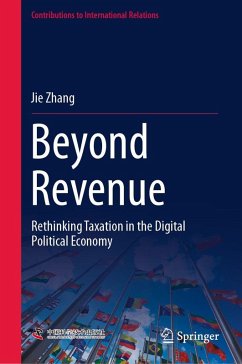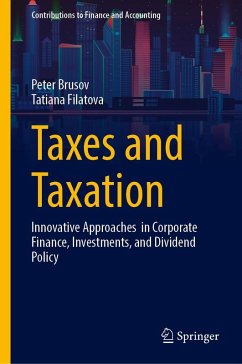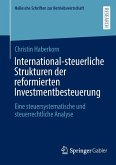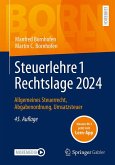This book fundamentally examines China's tax reform trajectory through a national strategic lens. Current debates on "tax burden fluctuations" in China are often distorted by interest-group narratives and emotionally charged rhetoric. By integrating international comparisons and interdisciplinary perspectives, the study exposes hidden agendas, debunks public misconceptions, and reconstructs analytical frameworks for tax governance. Taxation in international political economy now transcends traditional fiscal paradigms it embodies both the core of state sovereignty and a critical lever for global wealth redistribution. It serves as both a cost-benefit calculus for governance legitimacy and a strategic fulcrum in global competition.
More importantly, this book is of groundbreaking significance for the study of the international political economy towards the redistribution of wealth under the conditions of digitization and virtual economy.
The translation was done with the help of artificial intelligence. A subsequent human revision was done primarily in terms of content. The author (with the friendly support of Mr. Weijian Pan) has subsequently revised the text further in an endeavour to refine the work stylistically.
More importantly, this book is of groundbreaking significance for the study of the international political economy towards the redistribution of wealth under the conditions of digitization and virtual economy.
The translation was done with the help of artificial intelligence. A subsequent human revision was done primarily in terms of content. The author (with the friendly support of Mr. Weijian Pan) has subsequently revised the text further in an endeavour to refine the work stylistically.








